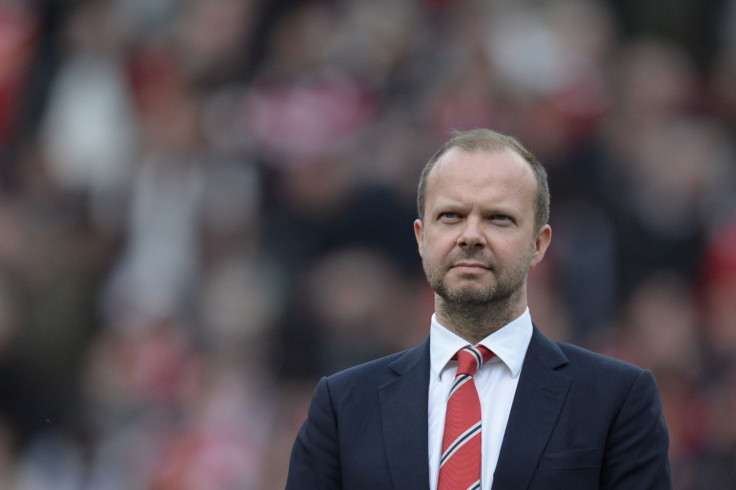European leagues confident 'four spots guaranteed' Champions League rule change will be reversed
Lars-Christer Olsson says Europe's leagues disagree with the ruling made by Uefa.

The Association of European Professional Football Leagues (EPFL) is confident Uefa's decision to guarantee the Premier League four Champions League spots for 2018 will be overturned. The governing body announced in August that the top four divisions on the continent would be assured of four places in Europe's premier club competition for the 2018-21 cycle.
From the 2018-19 season, Spain's La Liga, Germany's Bundesliga, Italy's Serie A and the English Premier League's top four will be assured automatic qualification for the Champions League. The move sees overrides Uefa's coefficient rankings, which currently dictate how many places are available to each member association.
In addition, teams who finish fourth in Spain, Germany or England – who currently have to progress through a play-off to reach the group phase – would not have to play those fixtures. Italy are the country with the most to benefit from the rule change, which sees their Champions League places increase from three.
The alteration of the rules also include a revision of the Champions League prize money, which will reward sides with a greater historical success in European competition. All changes were done without consultation with the biggest leagues in Europe, with talks only held with a self-selecting club of 20 sides, including Premier League teams Arsenal, Chelsea and Manchester United
The EPFL are disgusted by the decision and claim to have full backing from all their members – except Serie A. New Uefa president Aleksander Ceferin has spoken of his displeasure at the rule change and European clubs union chief Lars-Christer Olsson expects the decision to be reversed.
"I am convinced we will see change in the cycle 2018-21 in the things we have been opposed to," the Swede said at the Leaders Sport Business Summit. "I know the majority of national associations are supportive. It is still to be seen in practice if we can make any changes. The big clubs have been using the power vacuum at Uefa to push these proposals through.

"We ended up here because the dialogue was between Uefa and the 20 biggest clubs in Europe, and nobody else. We are acting like we are now because they [Uefa] are setting all the conditions for a private closed league in the future. That is the real danger.
"The risk for the future is much more dangerous than the direct changes in the format. It is annoying that not so many others are being this direction. We are fairly sure that we have a vast majority and a unanimous group of leagues behind us and this struggle."
The ruling followed speculation some clubs had engaged in discussions over a European Super League – which would run either alongside or instead of the domestic structure. Though the reports were played down, Olsson is confident a breakaway is not imminent – but that Uefa are concerned about the prospect of such a splinter league.
"The domestic competitions are so much more important than the international competitions," he added. "My personal view is there is no real market for a super league because the market is based on the domestic competitions. That goes for the big-, medium- and small-sized leagues.
"Uefa obviously saw it as a big threat. In practice it is not more dangerous now than it was at the time, the difference now is here could be some investors behind the project which was not the case in the past. I not think there is a market for this league when teams are not playing in their domestic competitions."
© Copyright IBTimes 2024. All rights reserved.






